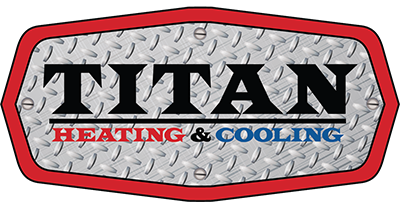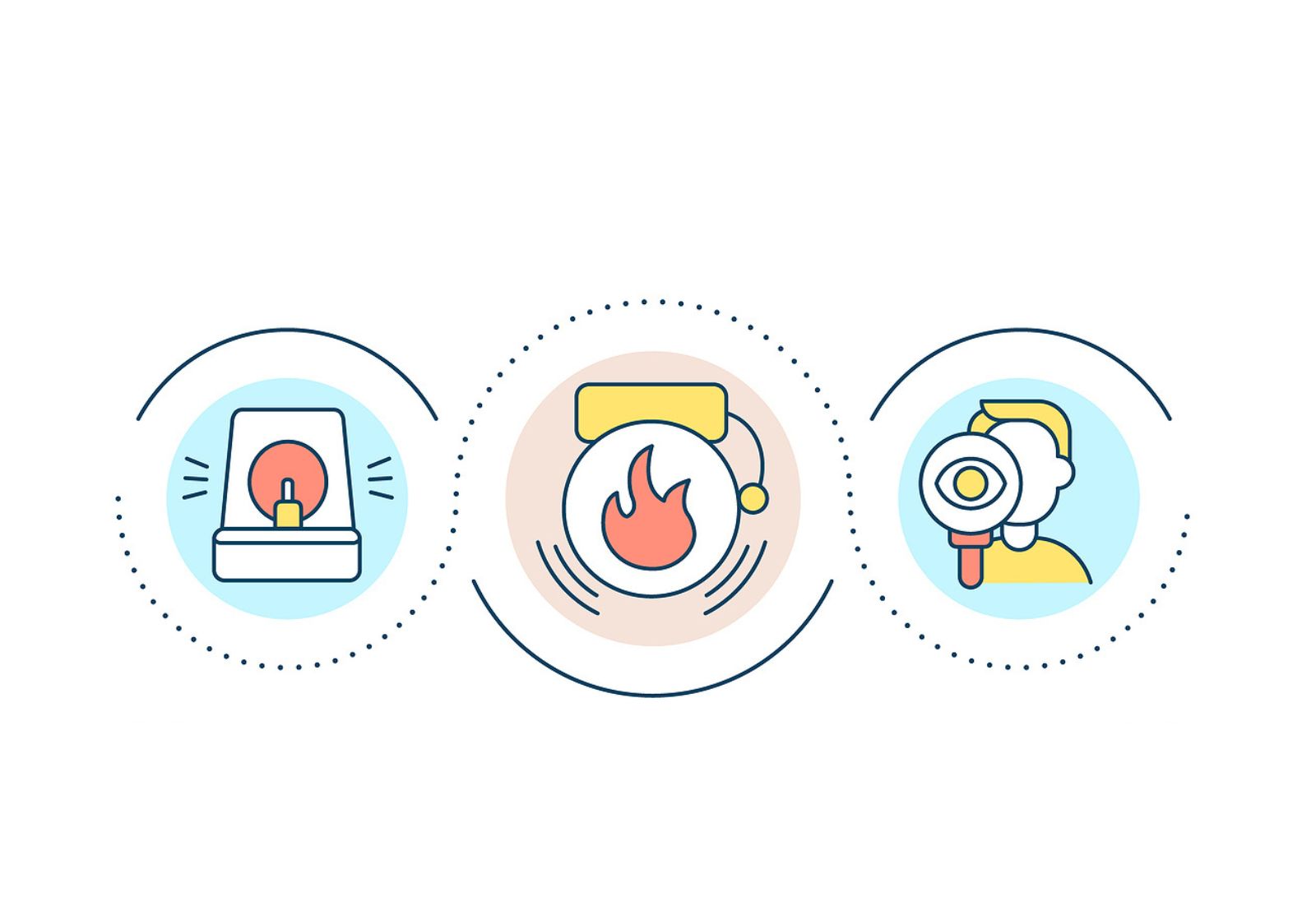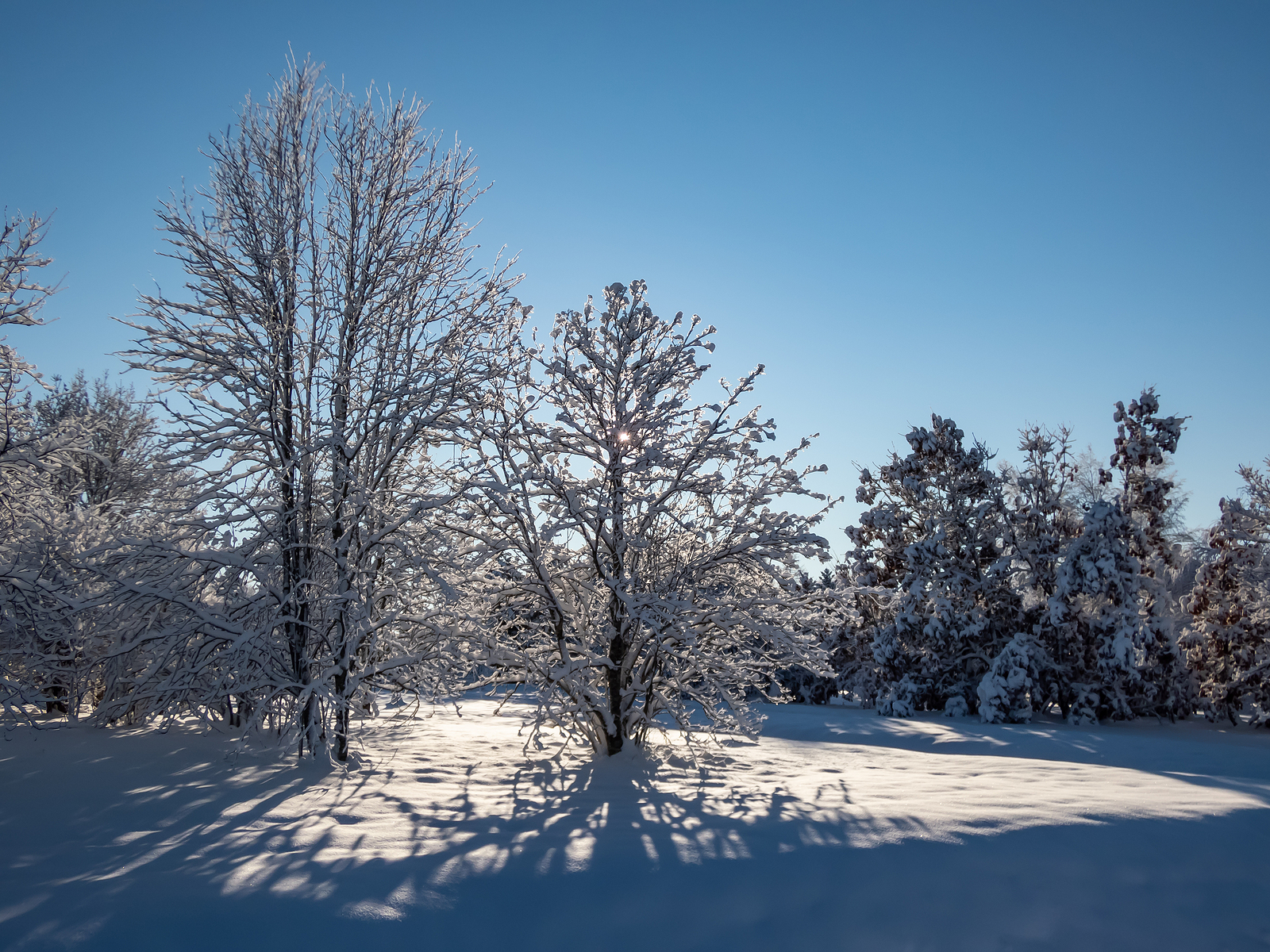According to the National Fire Prevention Association, heating is the second leading cause of home fires and home fire injuries. As winter approaches, it’s important to brush up on some home heating safety tips. According to NFPA data, nearly half (48%) of all home heating fires typically occur during the months of December, January and February. Being aware of potential fire hazards and taking the necessary steps to neutralize them can greatly reduce the chances of a house fire. Here are 10 home heating safety tips to prevent any fiery accidents this winter. 1. Follow All Safety Instructions Did you know that 81% of home heating fire deaths involved stationary or portable space heaters? While lots of people prefer to avoid reading the directions on most items, reading the instructions of how to operate a space heater in your home can be life saving! This home heating safety tip also goes for larger home heating equipment. 2. Get a Professional Installation As for stationary equipment such as stationary space heating equipment, central heating equipment and water heaters, leave the installation to the professionals! They’ll handle your water heater or furnace installation according to local codes and manufacturers instructions, keeping your HVAC systems running safely. 3. Keep Heating Unit Out of Reach This is home heating safety 101: keep your heating units away from kids or pets whenever possible. Not only could curious children burn themselves, but kids and pets are more apt to knock over any mobile heating units–and a tipped-over space heater is a serious fire hazard. Try to keep space heaters out of reach, and don’t leave your children and pets alone in a room with the space heater. 4. Position Heaters At Least 3 Feet From Anything Flammable The NFPA’s data reports that half of the home heating fire deaths were caused by having heating equipment too close to things that can burn, such as upholstered furniture, clothing mattresses or bedding. In accordance with Consumer Product Safety Commission guidelines, keep your heating unit at least 3 feet away from anything flammable. (We’re sure this goes without saying, but keep it away from water, too!) 5. DON’T Use a Damaged Unit If your heating unit has been damaged in any way, contact the professionals and have them fix it for you. Furnace repair is not the place for a DIY or MacGyver'ed solution. This also goes for cords on your other heating equipment—if you see a frayed cord, do not touch it. Never use a heating unit with a damaged cord, as this can easily cause a house fire. 6. Turn Off Space Heaters at Before Bed While some heaters can be left on at night, it’s a home heating safety best practice to turn off all portable heating units before you go to sleep. If left on, you run the risk of carbon monoxide poisoning or even a house fire. We know it’s tempting to curl up in bed with a space heater just a few feet away, but consider using an electric heating pad in your bed instead. It’ll keep you warm and will turn off after a certain period of time. 7. DON’T Power Space Heaters With Extension Cords Your outlet only has so much power to give, and a space heater demands a lot of it. When you power a space heater—and additional devices—with a surge protector, extension cord, or plug timer, the excessive energy demand will overload the circuit. It allows heat to build up, which can easily result in a house fire. For optimal home heating safety, plug your space heater directly into the wall circuit only. 8. Get On a Consistent HVAC Maintenance Schedule You don’t want to have...
Read MoreIt’s that time of year again: when we crank up the heater and hunker down, watching another winter roll through the Minnesota plains. It’s also the time of year where we start to cough, sneeze, and itch. If you, too, consider yourself a victim of winter-dryness, it’s time to talk about adding a whole-house humidifier to your home’s HVAC system. While winter dryness is uncomfortable, it can also cause a myriad of problems. Here are the top three reasons why a whole-house humidifier can be your best friend this winter season. 1. Health When we turn on our heaters, we’re pulling moisture from the air. Sure, this winter dryness can be irritating, but did you know that it can also negatively impact your health? With cold and flu season here, it’s important to note that viruses that can cause colds and the flu thrive in low-humidity environments. This means, the drier your indoor air quality, the more susceptible your family will be to common winter illnesses. The good news is, maintaining proper humidity levels in your home can actually help reduce the presence of airborne viruses, bacteria, fungi, dust-mites, and other allergens. These irritants can cause a number of health problems, including: Dry skinSore throat Runny nose Bloody nose Cough Respiratory infections Trouble breathing If you want to improve the health and comfort of your family’s home this winter, consider investing in a whole-house humidifier. Whole-house humidifiers attach to your ductwork and blow moist air into your home, raising your home’s humidity levels. And, with systems like the AprilAire whole-house humidifiers, you can control the humidifier from an app on your smartphone. 2. Home Wood is hygroscopic, meaning that it readily takes up and retains moisture. Wood reacts to the relative humidity of its surrounding environment to find equilibrium, meaning that moisture–or lack thereof–can actually change the volume and integrity of the wood. So what does this mean for you? Well, if the air in your home is too dry, your wooden floors, cabinetry, and anything else wooden is susceptible to cracking and warping. To preserve the beauty of your home’s wooden features, make sure your humidity levels are maintained between 30 and 55%. Most whole-house humidifiers come outfitted with digital controls, making it easy to maintain your desired level of humidity. With the proper humidity, your wooden floors and features will maintain their luster for years longer. 3. Energy Efficiency As these midwestern summers remind us every year, higher humidity levels can make the air temperature feel anywhere from 1 to 5 degrees warmer. This is because, thanks to the moisture content in the air, the body’s perspiration evaporates from the skin at a much slower rate, which makes it harder to cool off. During the winter time, though, the humidity is on your side, helping your body maintain its heat. This also means that if the air in your home is too dry, it can actually feel colder than it is. Without the right level of humidity, you’ll find yourself reaching for the thermostat more often, which means you’re putting more stress on your heating system. This also translates to a higher energy bill at the end of the month. At Titan Heating & Cooling, we’re all about efficiency. A whole-house humidifier can help you reduce your energy bill and make your home more energy efficient. You’ll also spend less money on hvac maintenance throughout the year if you use your heater less often! Need a Home Humidifier Installed? Trust Titan Heating & Cooling At Titan Heating & Cooling, not only do we specialize in AC units, heating systems, and HVAC maintenance, but we also offer only the best in humidifier technology: the AprilAire Whole-House Humidifier system. We carry various models of the...
Read More



